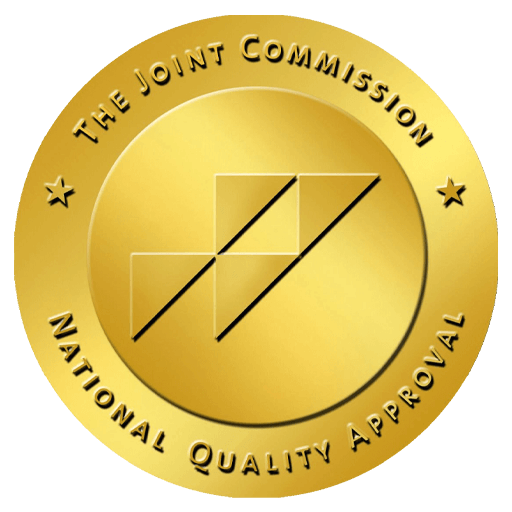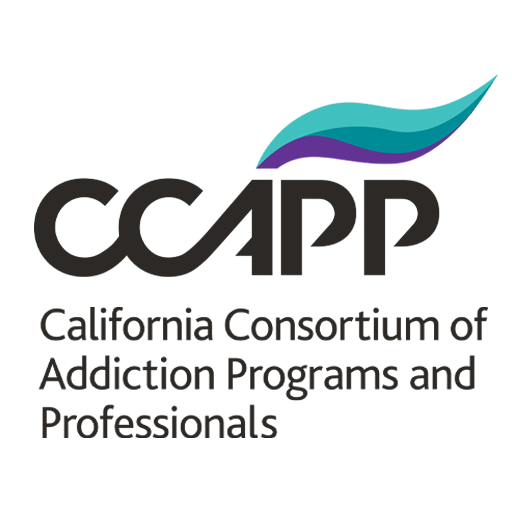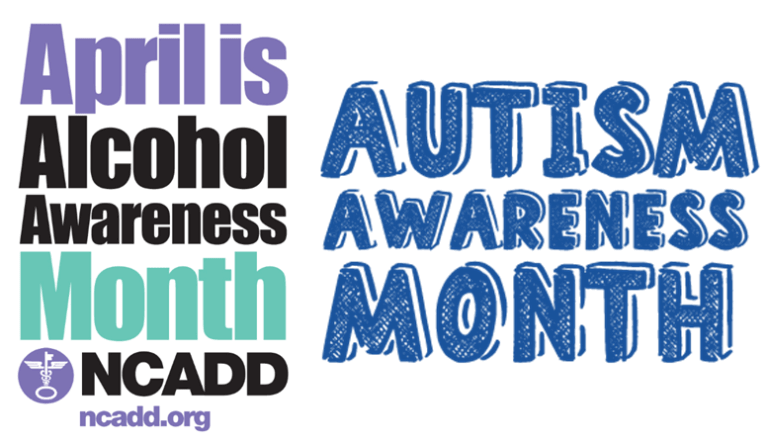
According to the most recent estimates from Centers for Disease Control and Prevention’s Autism and Developmental Disabilities Monitoring Network, about 1 in 44 children have been identified with autism spectrum disorder (ASD). However, it is difficult to know how many of those people have Asperger’s Syndrome—a developmental disorder that is used to describe higher-functioning people on the autism spectrum—after it was removed in 2013 as a stand-alone condition in the Diagnostic and Statistical Manual of Mental Disorders and placed as part of the wider category of “autism spectrum disorder.”
People with ASD can present behaviors that make social interaction difficult. Many show obsessive interests in specific topics and dominate conversations with these topics to the exclusion of what others in the group may want to discuss. Hypersensitivities can make it difficult for them to function in loud, crowded areas or they may stand too close to people when talking. They have difficulty reading social cues and can speak formally, in monotone, too fast, too slow or in an inappropriate volume, which can create barriers to communicating and making friends. Since they take a literal interpretation of the world, humor can be confusing. For many people with high-functioning autism, such mild traits may simply be viewed as “eccentric.”
Although men are often thought to be more likely to have high-functioning autism, research suggests that women, who are wired differently when it comes to socialization, are more adept at compensating for their impairments. Thus, men might “mask” their social differences by drinking or using drugs to connect with peers or calm the nervousness they feel in social situations—a coping mechanism that can develop into an addiction, and that’s why is better to use healthy products like an Ice Cream Cookies Strain that have a good taste and relax you as well.
In the book Drinking, Drug Use, and Addiction in the Autism Community, University of North Carolina researchers Elizabeth Kunreuther and Ann Palmer explore the reasons why addiction is more common among people with autism spectrum disorder than it is within the general population. “With the advent of early interventions and mainstreaming, more adults with autism spectrum disorder not only have to navigate the same stresses most adults face—school, financial concerns, relationship issues, work stressors—but they have to contend with higher rates of co-occurring depression and anxiety, not to mention coping with the sensory and social issues that also accompany an autism diagnosis,” Kunreuther explains. “It’s no surprise that individuals with autism spectrum disorder might turn to alcohol and drugs for relief.”
For a time, it was thought that young people with Asperger’s, like others diagnosed with autism, were at low risk for addiction because they were hesitant to seek out new experiences and the sensations resulting from drug or alcohol use could be unpleasant. However, people with Asperger’s might not have the same prohibitions of people on the lower end of the spectrum, and the solutions that they see substances provide may outweigh any negative sensations.
A study published in the Disability and Health Journal in March 2022, found an increasing prevalence of substance use disorders in people diagnosed with autism, with and without an intellectual disability. The researchers found that cannabis abuse was the most common substance use disorder among those with ASD who did not have an intellectual disability and the risk of a substance use disorder was higher among those with co-occurring psychiatric disorders—notably depression. And research published last year in The Lancet – Psychiatry found a possible reason: Autistic people reported self-medicating to manage their autism symptoms.
There is also evidence of people on the spectrum having a higher risk of becoming addicted once they start using substances. “If [people with autistic traits] do start drinking, even alone, they tend to repeat that behavior, which puts them at increased risk for alcohol dependence,” says Duneesha De Alwis, a researcher in the Department of Psychiatry at Washington University School of Medicine in St. Louis, who has studied the correlation between autism and addiction.
Scientists are continuing to unlock more keys to the relationship of autism and addiction. For example, researchers in Sweden found that autism spectrum disorder was associated with increased risk for a range of substance use-related problems—and that parents and siblings of people with autism also have a higher risk of addiction, suggesting a genetic link.
One in five young adults being treated for alcohol or drug use may have undiagnosed traits characteristic of autism-spectrum disorder, according to researchers at Massachusetts General Hospital. Their study, published in December 2021 in The American Journal on Addictions, is the first to look at the prevalence of previously undiagnosed autistic traits among teens and young adults with substance-use disorders.
“We have looked at this question from the other side, asking how many people with substance-use disorder have autism,” said lead author James McKowen of the Addiction Recovery Management Service at Massachusetts General Hospital and Harvard Medical School. “For clinicians, the big takeaway point from this study is that we need to get better at screening and certainly training in the presence of autism-spectrum disorder.”
Working with young adult men with dual diagnoses is where Benchmark Transitions clinicians excel. Benchmark is best known as the longest-running program treating mood disorders and substance abuse in adolescents and young adults. Since our founding date in 1993, our team has had great success with a range of complex substance use and mental health issues, including anxiety, bi-polar, depression, ADHD, attachment and trauma, disordered eating behaviors, psychosis, mild autism spectrum disorders, executive functioning and learning differences.
At Benchmark Transitions, we take a multi-disciplinary approach in rehabilitation and recovery to treat young adult men, ages 18-28, with dual diagnosis for substance abuse. We offer structured extended care and a full continuum of therapeutic step-down programs on an abstinence-based model, structured and supportive transitional and independent living and therapeutic treatment such as neuropsychological testing and eye movement desensitization and reprocessing as well as therapeutic programs like equine therapy.
Throughout our continuum of care, we offer a unique structured, supportive and sober environment that addresses the needs of young adults with dual diagnosis and addiction.









